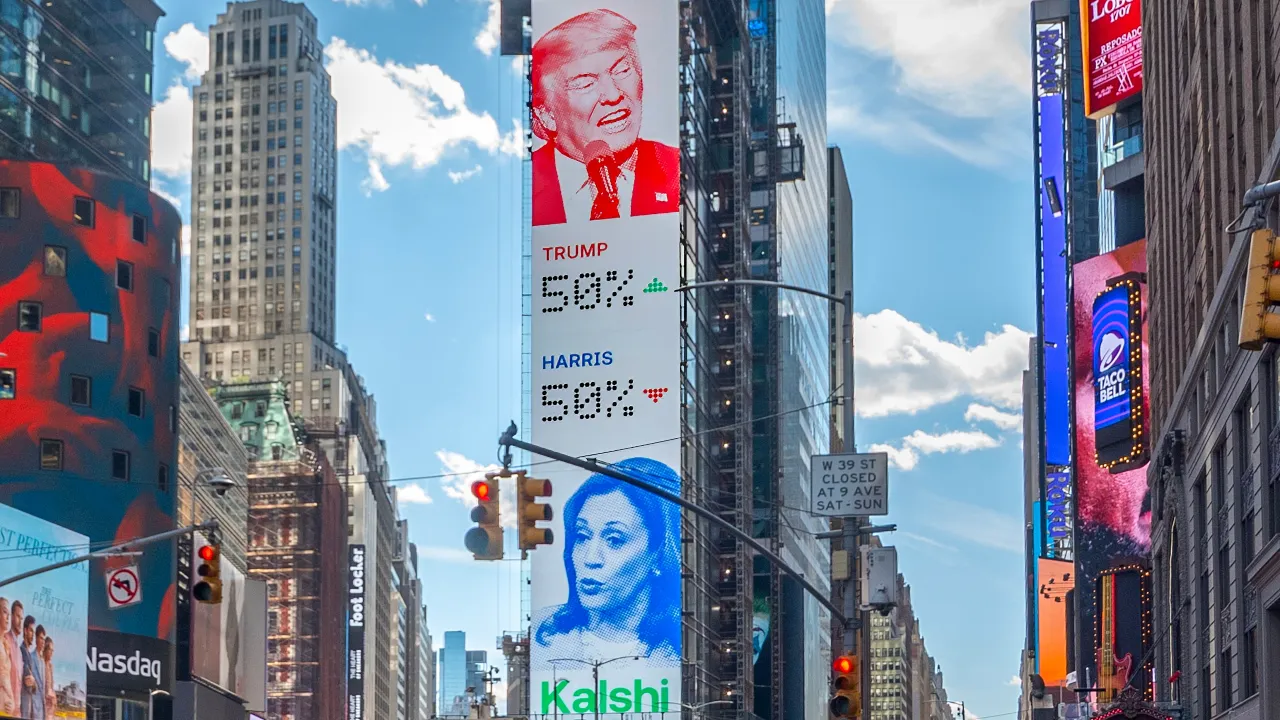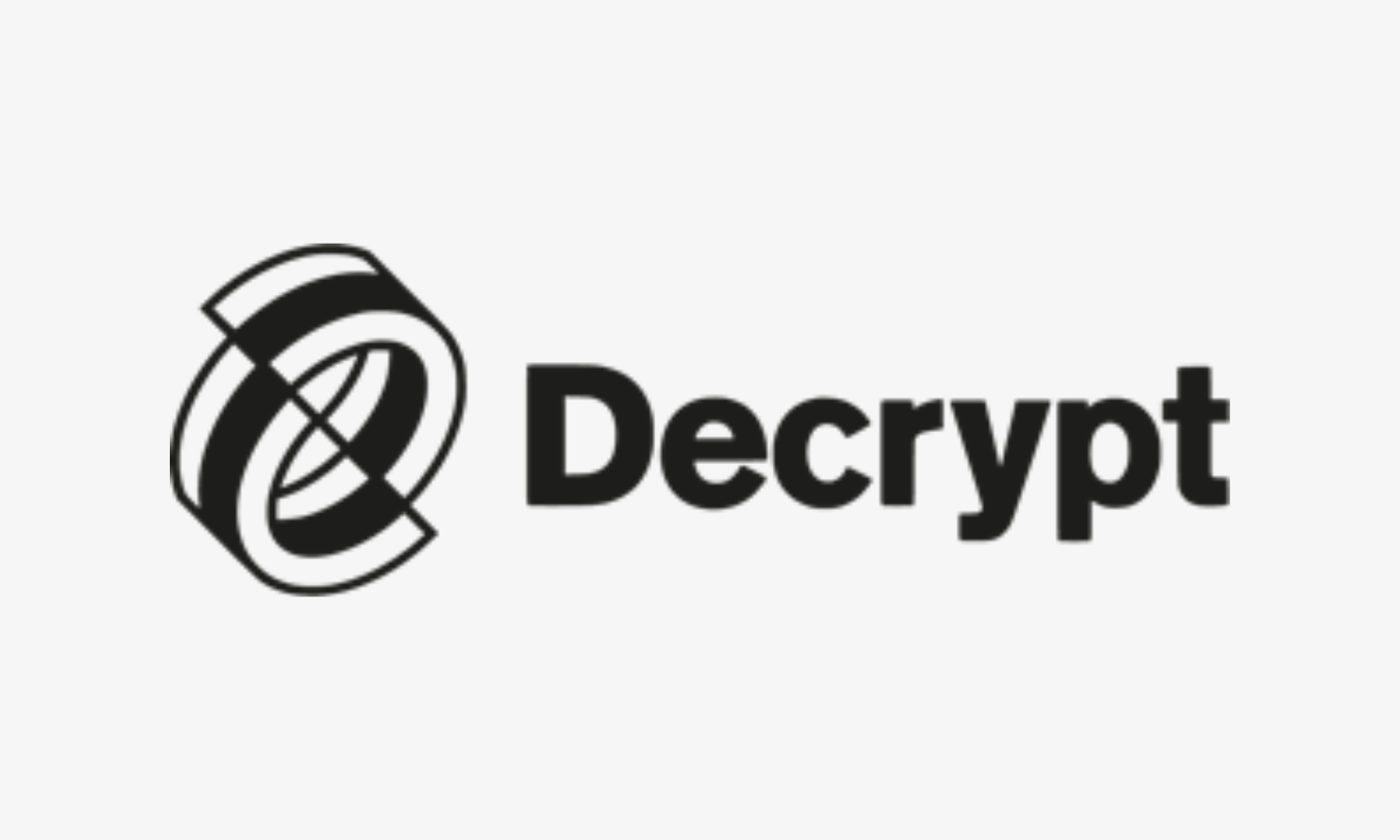Prediction Market Kalshi’s Long-Game Play to Court Crypto Traders

Kalshi is zeroing in on crypto traders in the lead-up to the U.S. election and beyond as political fervor among bettors reaches a fever pitch.On Monday, the prediction market platform began accepting USDC stablecoin deposits, enabling U.S. traders to bet on the outcome of the presidential election and a host of congressional races. The move has brought a rush of betting volume to Kalshi, in addition to positioning the startup to take on crypto-native predictions market darling Polymarket, whose popularity has soared ahead of this year’s elections.Kalshi notched over $20 million in USDC deposits from roughly 21,000 individual users in the 36-hour period since launching the feature, the platform’s Head of Market Research Jack Such told It’s the largest influx of deposits the company has ever logged in 36 hours, he said. Kalshi also saw a “big spike” in the number of individual deposits on its platform from retail traders, as well as institutional players such as TradFi brokerages that also offer crypto services, according to Such.“The fact that USDC [can be on-ramped] immediately is a huge deal,” Such said. “For a lot of crypto-native people, going into a centralized platform and using ACH to deposit and all that is just not something they do anymore. So mainly, we’re focused on getting the word out that we have USDC deposits.”Accepting USDC deposits with the help of crypto infrastructure firm Zero Hash is just the start of Kalshi’s crypto play, however. Meanwhile, Kalshi also plans to forge several partnerships with digital asset firms to market its services to a crypto-native audience after this election cycle wraps up, Such told When asked about whether the company would ever build a product on blockchain technology, Such expressed an openness to the idea, but emphasized that the company had no immediate plans to do so.“In the long-term future, we’re definitely open to anything that makes the product better,” Such said. “Distributed-ledger technology has a lot of advantages to other technologies in terms of settlement and things like that.”Years ago, Kalshi CEO Tarek Mansour Still, Kalshi’s intensifying efforts to build out crypto-focused services come after the startup secured regulatory approval to offer U.S. politics-related bets to American traders. In October, Kalshi won its yearslong legal battle against the Commodities Futures Trading Commission (CFTC).The company has since launched its elections-based prediction markets offerings, bringing in more than $275 million in trading volume on its electoral markets as of publication time, with about $142 million of those dollars wagered on the presidential election alone. Betting volume on all U.S. elections-related markets is more than five times the trading volume on all of Kalshi’s non-electoral prediction markets combined, Such noted.Kalshi’s massive surge of wagers on electoral markets is dwarfed by betting volume on crypto-focused prediction market Polymarket, which says it has recorded $2.3 billion in betting volume on the outcome of the election, however.But Such emphasized that Kalshi is in a league of its own—Kalshi is the only regulated prediction markets platform in the U.S., while other platforms serve different markets.“We are only available to U.S. clients, and [other markets] are available to everyone except U.S. clients,” Such said. “We kind of just share the world in that way.” (Robinhood launched election prediction contracts for U.S. customers this week, but does not operate a broader platform. The firm is also vetting interested users before they can participate.)Although Kalshi is very much focused on traders in the U.S., the platform has at least one eye on what’s happening beyond its home market. The platform has already applied with U.S. federal regulators to offer contracts on elections in Canada, Australia, and Ecuador, the company’s CFTC filings The executive did not disclose the foreign political races for which the platform might make contracts in the future, but he said Kalshi would aim to align the scope of its offerings with the interests of U.S. bettors.Edited by Sebastian Sinclair and Andrew Hayward

Published on Other News Site




















